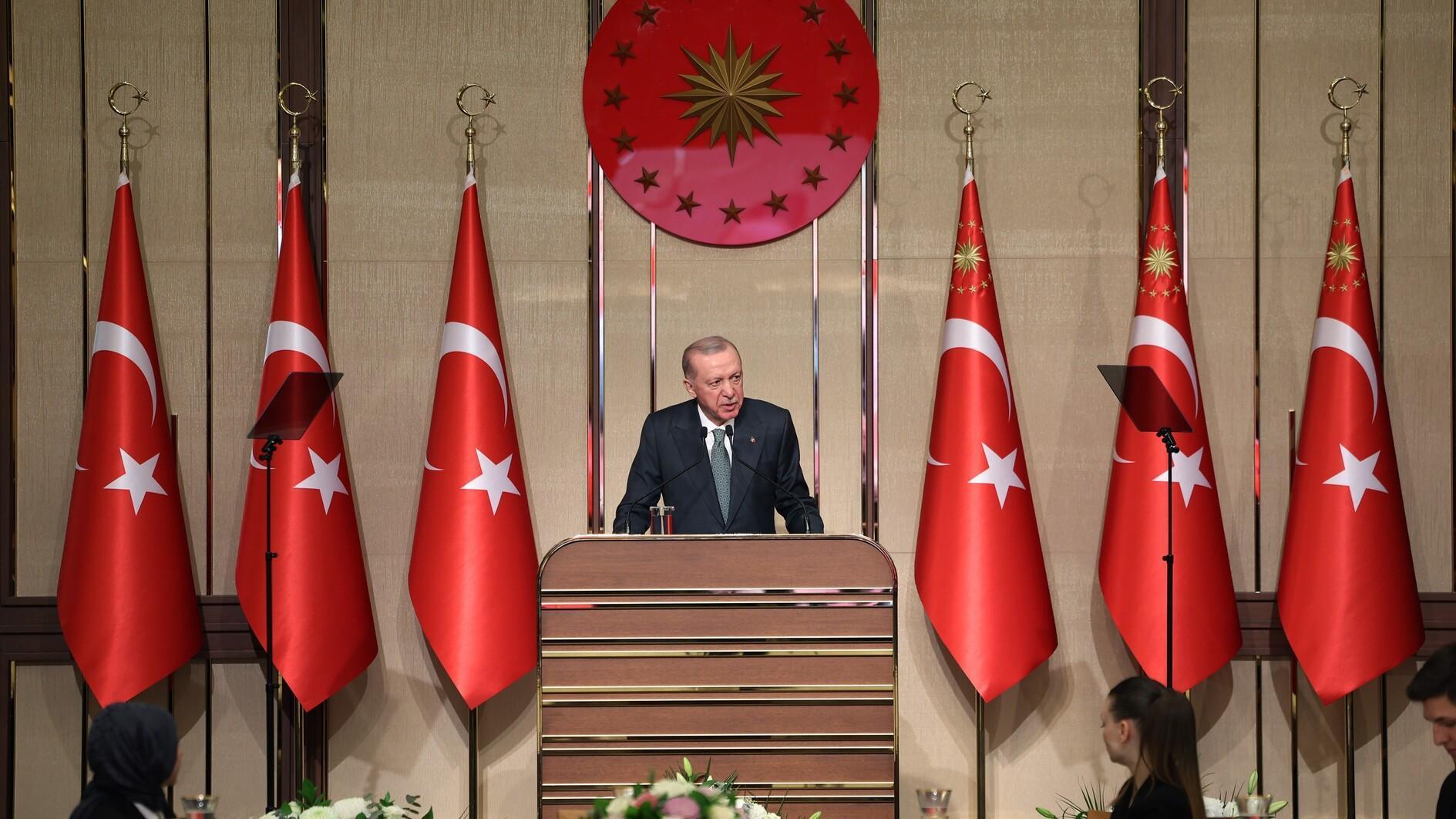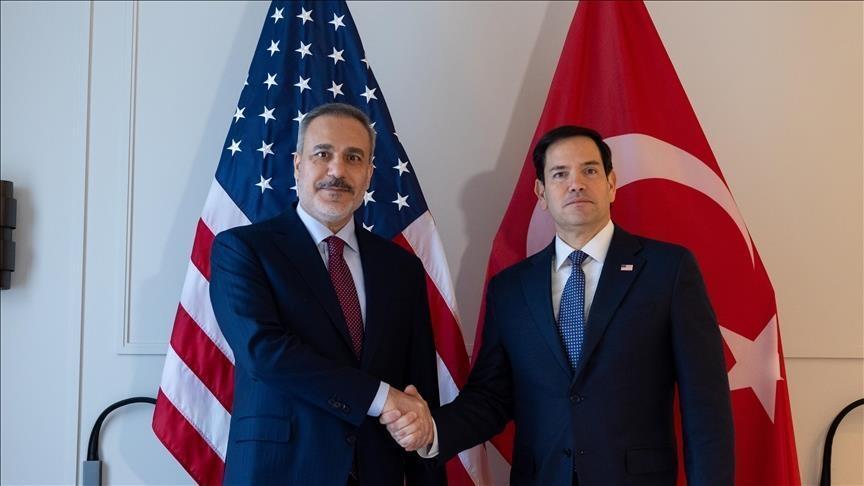Alyssa Milano: women ‘refusing to be silenced’ since MeToo
CANNES

Five years after lighting the fuse of MeToo, U.S. actor Alyssa Milano says she is delighted with the way women are “refusing to be silenced.”
“A lot has changed,” Milano told AFP, since sending her famous tweet on Oct. 15, 2017 asking women to share their stories of sexual harassment under the hashtag #MeToo.
The 49-year-old, who grew up in public as the star of “Who’s the Boss?” and “Charmed,” was herself a victim of sexual assault during a shoot in the 1990s.
“The most obvious thing is that we are refusing to be silenced and really coming together,” she said in Cannes, where she was taking part in the Mipcom TV festival.
She pointed to new legislation against gender discrimination and harassment across the United States, as well as the introduction of “intimacy coordinators” to assist during sex scenes in movies.
“It made no sense to me how, if there was an animal on the set, we would have to have someone from the humane society to oversee the health and welfare of the animal, and yet the actors are in such vulnerable situations not only with love scenes, but with all sorts of emotional scenes,” Milano said.
Recent moves to ban abortions in the United States were a reaction against the empowerment of women triggered by MeToo, she added.
“Equality and equity are terrifying to a lot of white men in power,” she said. “Taking away our body autonomy is the most extreme case of trying to impede our evolution and our growth and our drive for a more equitable future.”
Milano’s activism did not start with MeToo, however.
When “Who’s the Boss?” was the number one show in the United States, a 15-year-old Milano received a request from none other than Elton John.
The singer asked her to meet a young fan, Ryan White, who had been expelled from his school after
contracting HIV.
“He asked me if I could go on TV and kiss him to prove that you couldn’t get HIV/AIDS through casual contact, and I said yes,” she said on a panel at Mipcom.
“That was the moment that my life completely changed because I realised what it meant to be famous, and to do good with that voice,” she said.
















